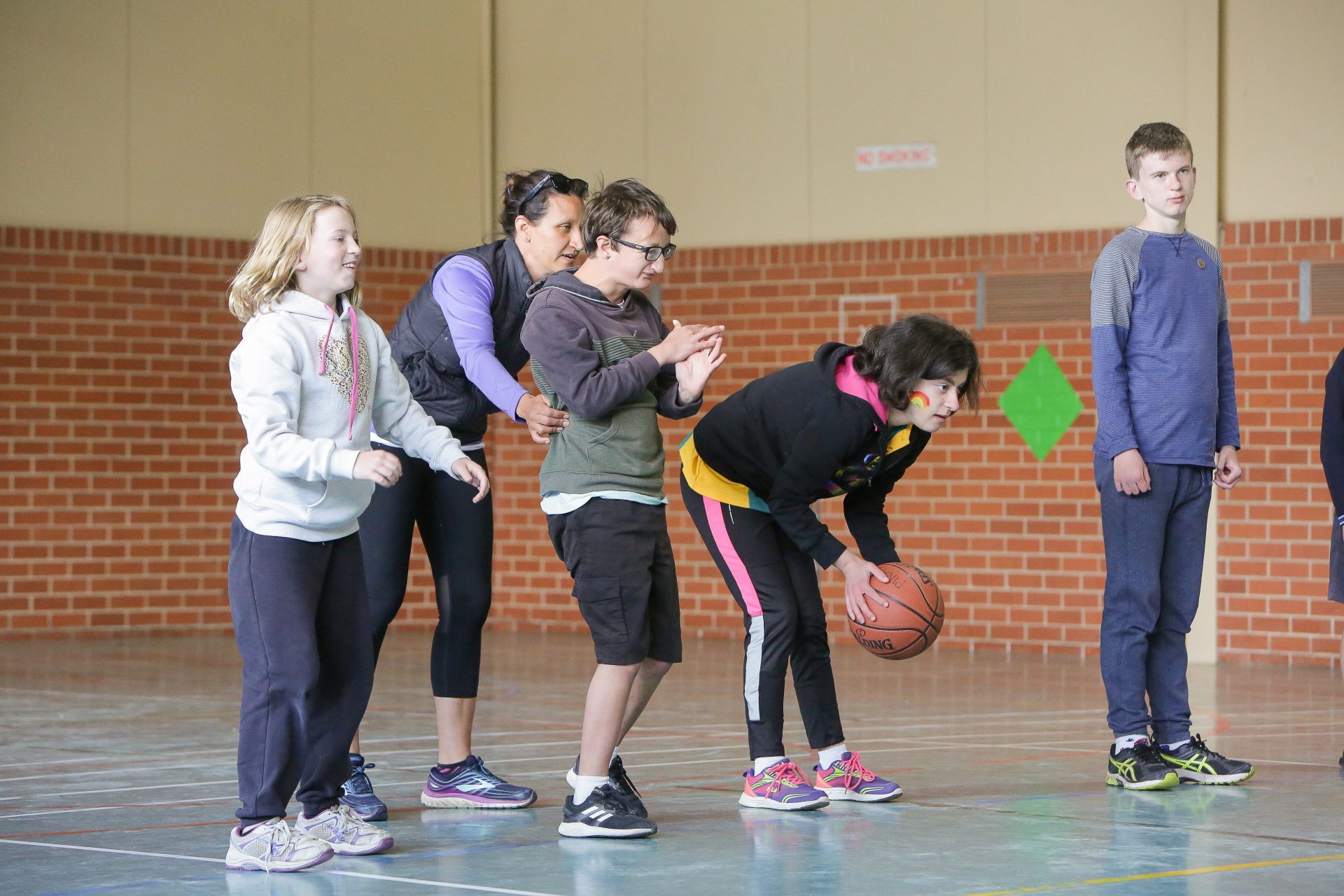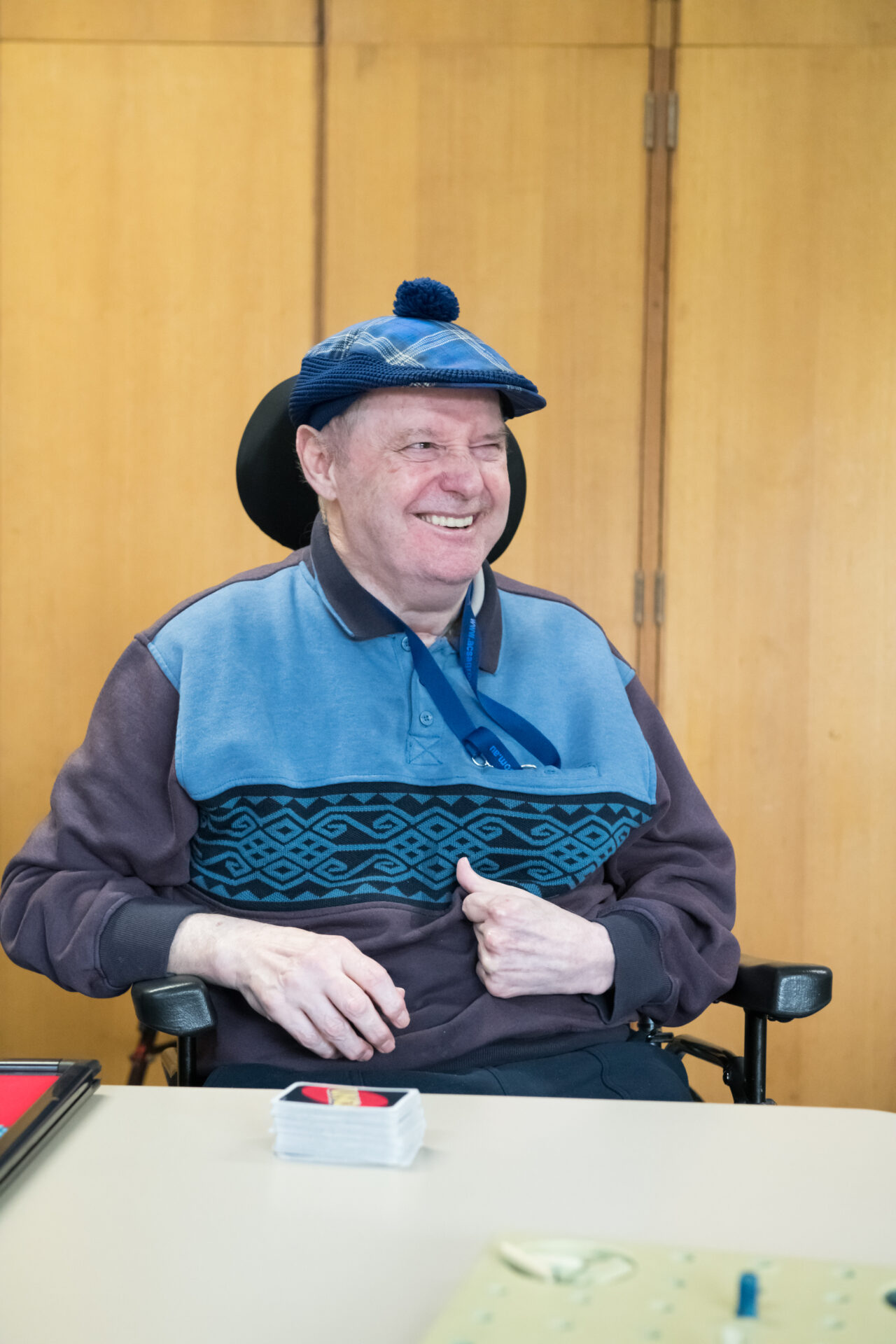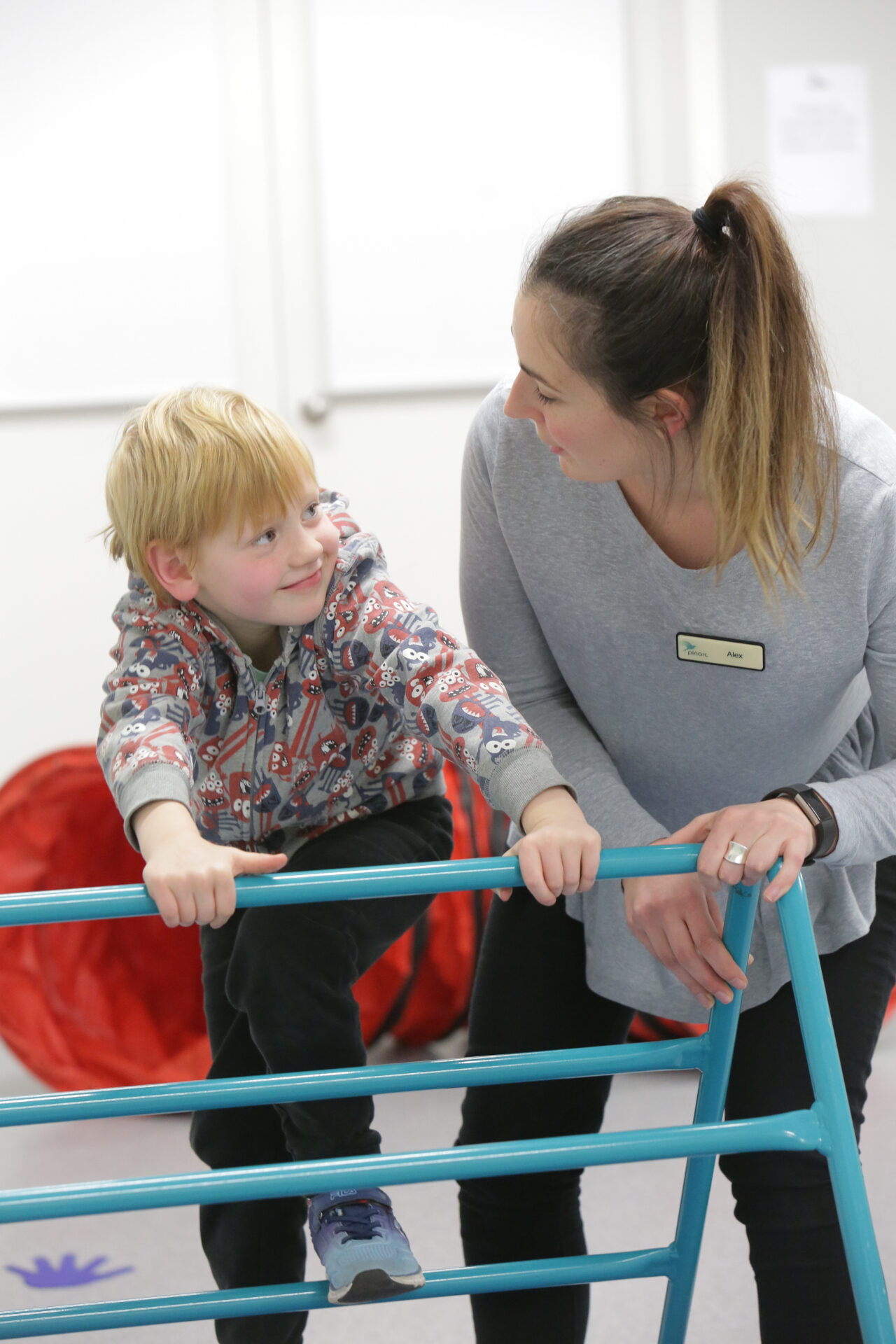speech pathology for teens and adults
Speech pathologists are a vital part of the Pinarc service package and are known for helping individuals communicate. Communication involves many skills, including both understanding and sharing messages with others.
we all communicate in different ways using many different modes of communication, such as:
- spoken words, written words, signs
- picture symbols and real objects
- vocalisations, gestures, body language & posture, facial expression
- output from Augmentative and Alternative Communication (AAC) apps and devices
- our behaviour
our speech pathologists support individuals and important people in their lives across all aspects of communication, including:
- interactions
- understanding and use of language
- clarity of speech
- voice (e.g. Lee Silverman Voice Treatment or LSVT)
- social communication
- Augmentative and Alternative Communication (AAC)- Using different modes of communication, such as signs, picture symbols, real objects, Augmentative and Alternative Communication (AAC) apps and devices. These modes can be used alongside spoken communication.- Supporting important people in an individual’s life to read their non-verbal cues, such as their behaviour, vocalisations, body posture, gestures, and facial expressions.
swallowing and mealtime management
At Pinarc we have therapists operating throughout the Ballarat & Melton areas who are trained in swallowing and mealtime management who can work with you to improve safety and enjoyment around eating and drinking. We can support individuals with a wide range of swallowing difficulties, including those related to neurological conditions, developmental disabilities, physical or structural conditions or medical diagnoses. Concerns may include chewing or swallowing difficulties, choking or aspiration risk, weight loss or not meeting their nutrition or hydration needs. We can provide recommendations around changes to mealtime equipment to increase independence and safety with swallowing. We will consider and address concerns related to oral motor skills, mealtime behaviours, environmental, medical, sensory and nutritional factors to address swallowing difficulties, as well as reviewing seating and equipment with your occupational therapist.






